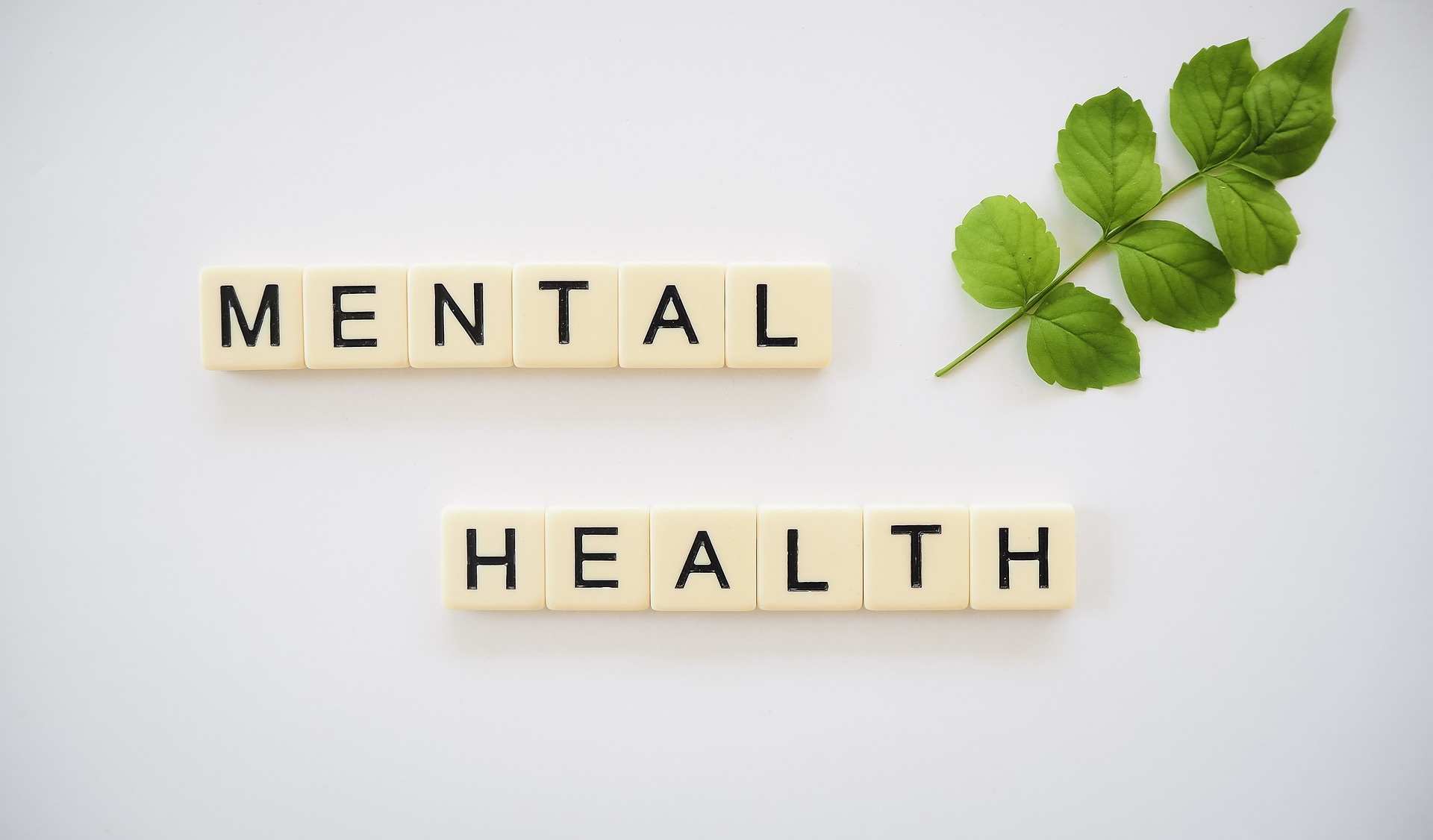Unveiling the Mysteries of Anxiety: Understanding Its History, Impact, and Modern Approaches
Anxiety is a natural human response to external stimuli, acting as a warning signal that danger is near. However, when anxiety becomes excessive and irrational, it can transform into a debilitating disorder. The concept of anxiety disorders has deep roots in human history, existing in various forms across different cultures and eras. Ancient Egyptians described symptoms akin to anxiety as early as 1900 B.C., attributing them to evil spirits. The Greek physician Hippocrates, often referred to as the father of medicine, recognized anxiety as a medical condition around 400 B.C., associating it with an imbalance of bodily fluids, or humors.

The Evolution of Anxiety Conceptualization
Understanding of anxiety underwent significant changes during the Middle Ages, the Renaissance, and the Enlightenment. Many of these historical periods considered anxiety as a religious or moral issue. With the rise of modern psychology and psychiatry in the 19th and 20th centuries, anxiety began to be recognized as a mental health disorder. Sigmund Freud, the founder of psychoanalysis, was among the first to propose a comprehensive theory for understanding anxiety, associating it with repressed and conflicting desires.
The Rise of Anxiety in the Modern World
Fast forward to the 21st century—according to the World Health Organization, anxiety disorders are the most common mental health disorders worldwide, affecting around 264 million people. As our world becomes more interconnected and fast-paced, factors such as work stress, social pressures, and global issues like climate change and pandemics have contributed to rising anxiety levels. The ongoing COVID-19 pandemic has further exacerbated mental health conditions, with studies reporting an increase in anxiety symptoms among the general population.
The Impact of Anxiety: Personal and Societal
Anxiety can have far-reaching impacts on individuals’ lives, affecting their emotional wellbeing, physical health, relationships, and productivity. At a societal level, anxiety disorders represent a significant economic burden due to healthcare costs and lost productivity. According to a 2016 study published in the journal “Depression and Anxiety,” the annual cost of anxiety disorders in the United States is estimated to be approximately $42.3 billion.
Modern Approaches to Anxiety: From Medication to Mindfulness
Today, anxiety disorders are typically treated with a combination of psychotherapy, medication, and lifestyle modifications. Cognitive-behavioral therapy (CBT), which teaches individuals to challenge and change their thought patterns and behaviors, is widely recognized as the most effective form of psychotherapy for anxiety disorders.
In terms of medication, selective serotonin reuptake inhibitors (SSRIs) and benzodiazepines are commonly used to reduce anxiety symptoms. However, these medications can have side effects and the potential for dependence, prompting interest in alternative approaches.
Emerging research suggests that practices such as mindfulness, meditation, and yoga can help manage anxiety by promoting relaxation and stress reduction. A 2017 review of studies published in the journal “Mindfulness” concluded that mindfulness-based interventions can significantly reduce anxiety symptoms.
Looking Ahead: The Future of Anxiety Research and Treatment
While significant strides have been made in understanding and treating anxiety, there is still much to learn. Future research will likely focus on identifying the genetic and environmental factors that contribute to anxiety disorders, developing more effective treatments, and improving access to mental health services.
In conclusion, anxiety is a complex phenomenon with a long history and significant societal impact. As our understanding of anxiety continues to evolve, it’s crucial to destigmatize mental health issues and ensure that those suffering from anxiety have access to the support and treatment they need.




